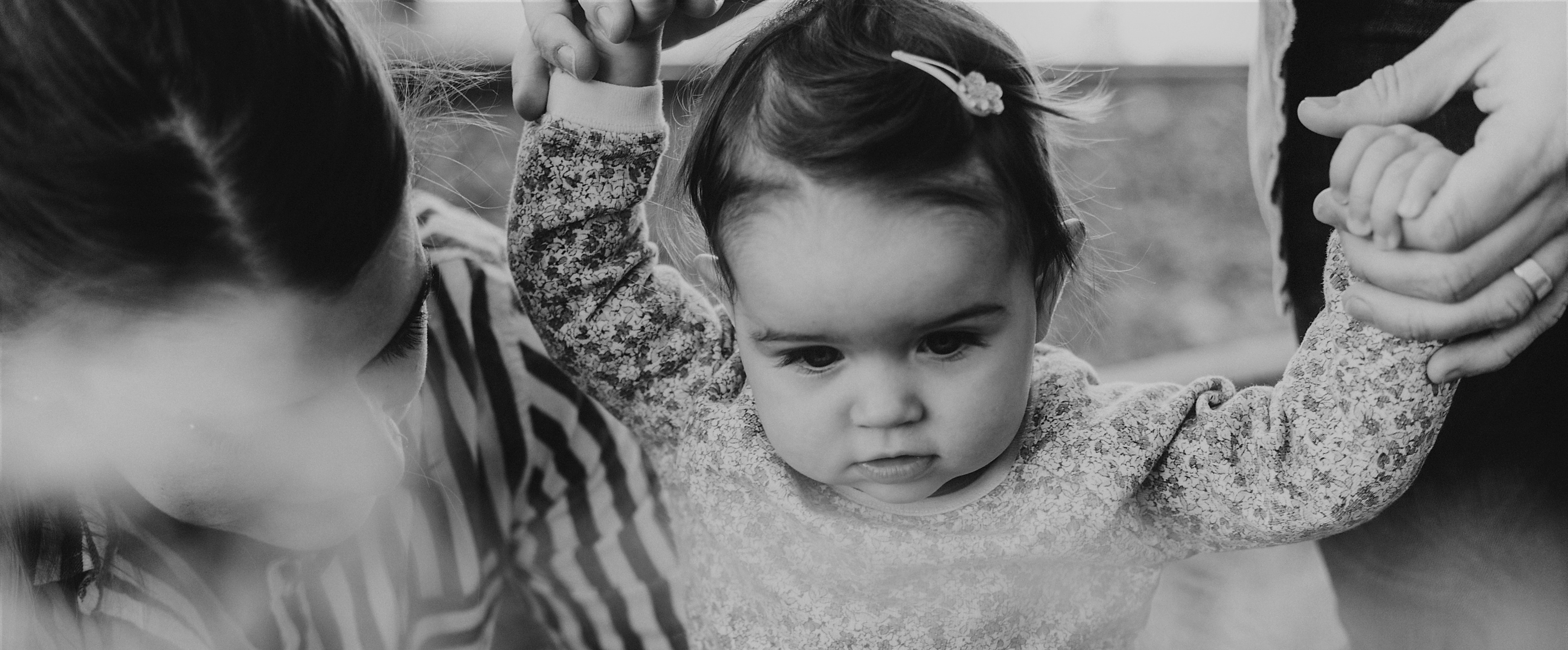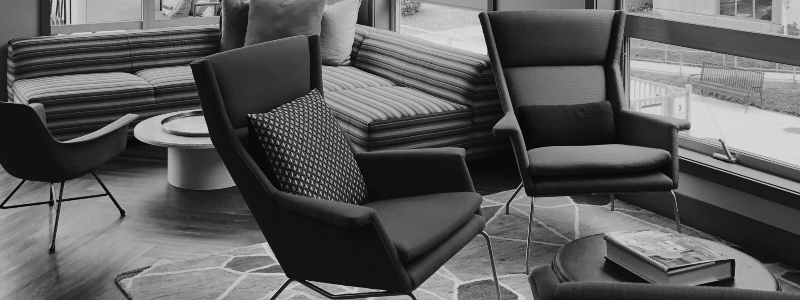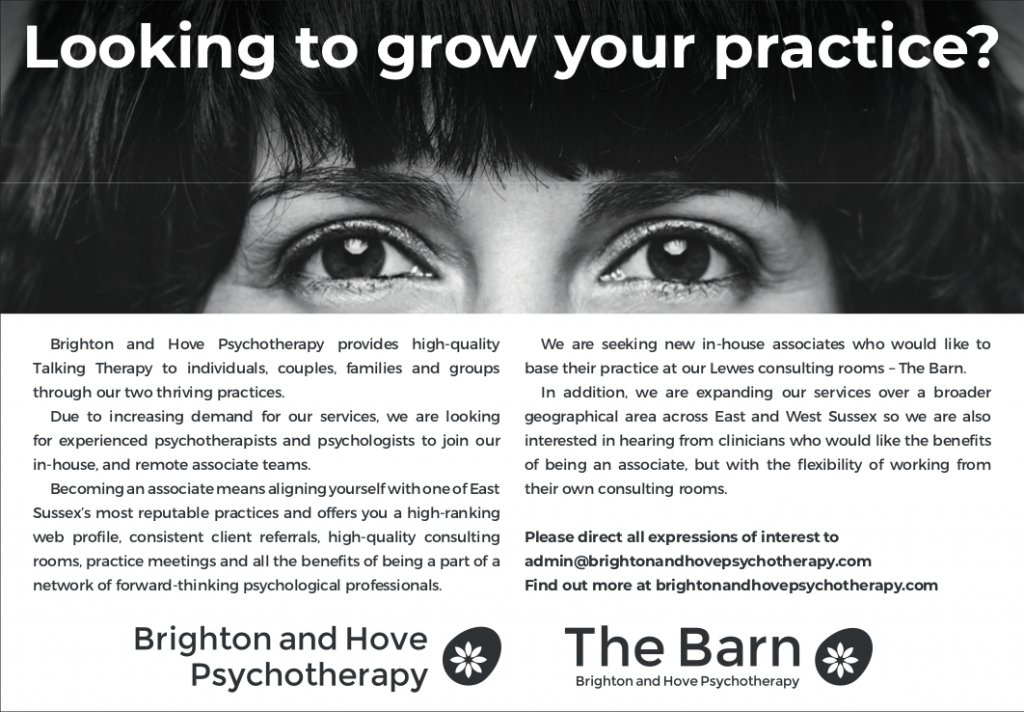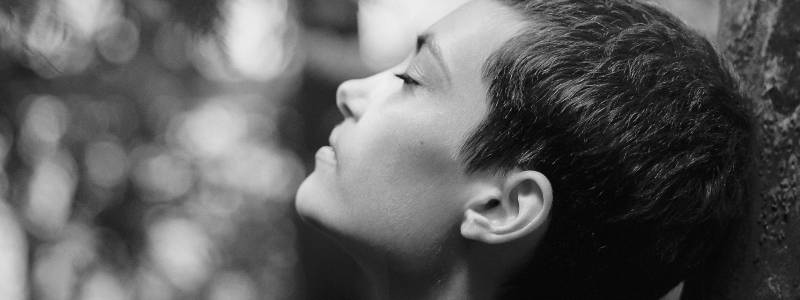
I am a dramatherapist and I am talking today about one of my favourite subjects. I am going to explain the benefits of working with creativity in the therapy room.
When we are being creative we are using a part of our brain which does not relate to logic or linear time. This part of the brain thinks in pictures, metaphor and symbols. It is representational rather than objective. It endows personal subjectivity to our experience. It is what makes us human and unique. It records and remembers everything that has ever happened to us, every thought, every sensation, every feeling, every hope, every dream. What a storehouse of information waiting to be revealed!
But here’s the thing. Whereas we can easily access the logical part of our brain, so we know to carry an umbrella when it’s raining. We have learned this, it’s logical. Our creative brain thinks in pictures, sensations and emotions. Experiences and memories are recorded and stored in a different way which means they’re not always readily available for us as information because they reside outside of our awareness.
Here we can see why we behave the way we do and where/ how it originated. We can explore the triggers. In doing this we can actually heal our past experience and recover form it. And that’s what we want from therapy, right?
One way I get my clients to tap in to their ‘out of awareness’ experience, is to use a method called hot-penning. First of all I prepare my client using relaxation techniques to enable a clear focus on the issue at hand. The client then takes pen and paper and writes whatever comes to mind. The rule book is thrown out and the pen is given free reign. The writing need not be logical or sequential, it may be a stream of words, you’re allowed to swear, it does not have to make sense. After a couple of minutes of loosening up the client will generally begin to write meaningful narrative which can be very revealing. Clients are so frequently surprised by their own articulacy and the wisdom that they express. Quite often there will be the ‘a-ha’ moment.
In my experience when the client has insights unprompted by the therapist they are more motivated towards lasting change.
Dramatherapy as a creative therapy can help the client to begin to live more fully ‘in awareness’ and be less affected by ‘out of awareness’ behaviours which formerly tripped them up.
Brighton and Hove Psychotherapy is a collective of experienced psychotherapists, psychologists and counsellors working with a range of client groups, including fellow therapists and health professionals. If you would like more information, or an informal discussion please get in touch with us by telephone or email. Online therapy is available.
 We spend much of our lives online these days and increasingly more services are available online that traditionally would have been conducted face to face. This is the same with
We spend much of our lives online these days and increasingly more services are available online that traditionally would have been conducted face to face. This is the same with  In times such as this, I question my role as a psychotherapist wishing that I had studied something that could truly and directly help the climate and environmental crisis that we face. I feel so connected to the natural world that to see it being destroyed, disregarded and exploited to this scale, to see us, humans, destroying what sustains us is truly horrifying and evokes in me a profound sense of helplessness.
In times such as this, I question my role as a psychotherapist wishing that I had studied something that could truly and directly help the climate and environmental crisis that we face. I feel so connected to the natural world that to see it being destroyed, disregarded and exploited to this scale, to see us, humans, destroying what sustains us is truly horrifying and evokes in me a profound sense of helplessness.


 When you begin therapy you enter into a particular (perhaps peculiar) type of relationship, one with well-defined boundaries and ethics. Beyond its method and structure, at the very heart of this relationship lies empathy.
When you begin therapy you enter into a particular (perhaps peculiar) type of relationship, one with well-defined boundaries and ethics. Beyond its method and structure, at the very heart of this relationship lies empathy.







